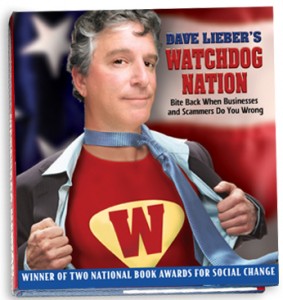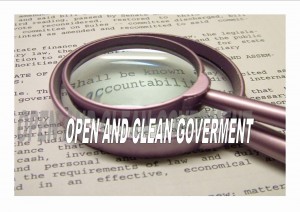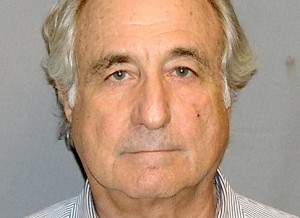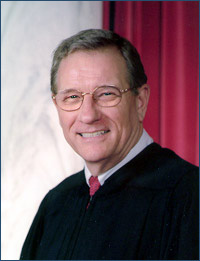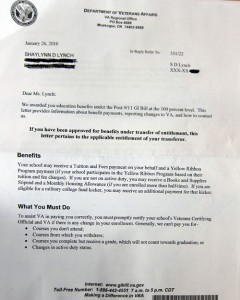An assistant city manager at Fort Worth City Hall resigned in October 2011 after Fort Worth Star-Telegram Watchdog columnist Dave Lieber revealed that she had helped orchestrate secret pay raises for a select few employees and top managers.
Her boss, the interim city manager, didn’t even know about most of them.
At the time, most city employees had gone three years without a raise.
Karen Montgomery had served with the city since August 2006.
City officials declined to say whether the raises or any other issue led to her resignation, according to the Star-Telegram.
Read about Montgomery’s role here at Watchdog Nation. (Note these stories originally appeared in the Dave Lieber Watchdog column in the Star-Telegram.
Part I: A City Hall human resources director faces a lonely battle against patronage
Part II: When 100 City Hall workers out of 4,500 get raises, that’s patronage at its finest
Visit Watchdog Nation Headquarters![]()
Like Watchdog Nation on Facebook![]()





